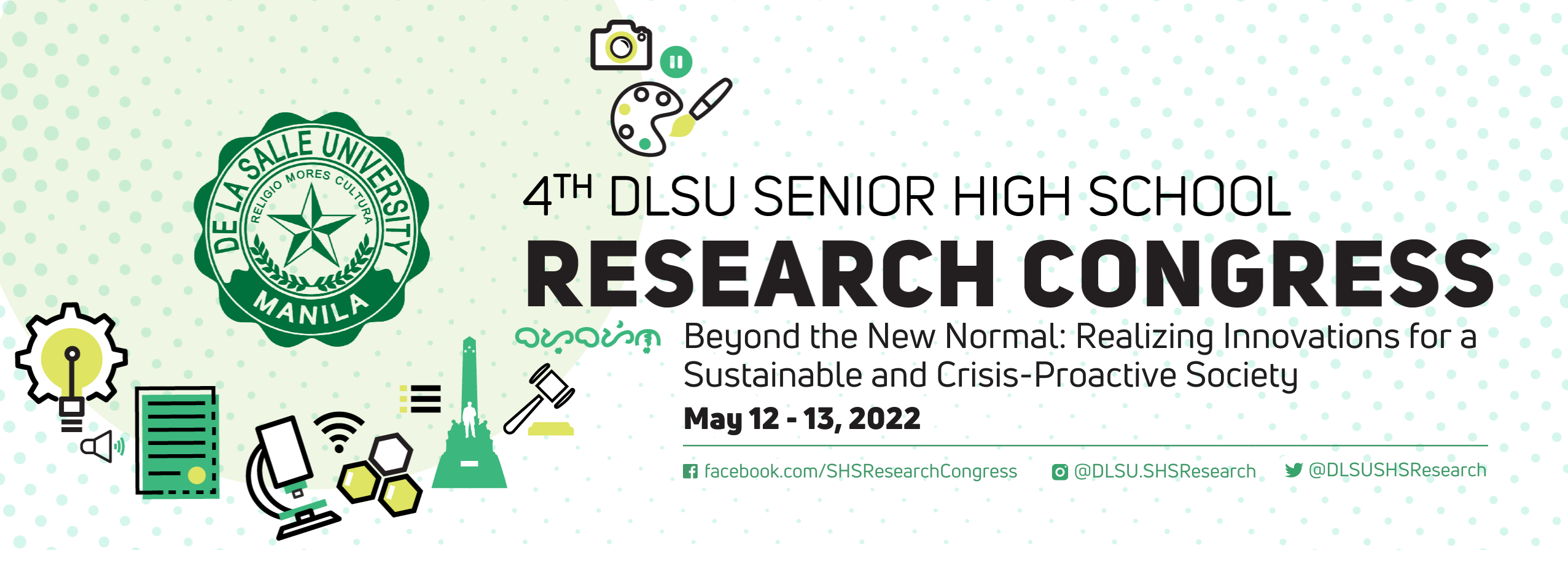Digital Game-Based Learning of the Cell Cycle and its Effects on Students' Academic Achievement and Motivation
Document Types
Paper Presentation
Research Theme (for Paper Presentation and Poster Presentation submissions only)
21st Century Learning and Innovations (CLI)
Research Advisor (Last Name, First Name, Middle Initial)
Thelma R. Mingoa
Start Date
13-5-2022 10:30 AM
End Date
13-5-2022 12:00 PM
Abstract/Executive Summary
The study aims to explore the effects of digital game-based learning on student’s academic achievement and motivation. Previous studies show that the effect of implementing game-based learning within the class positively affects the students’ academic achievement and motivation. The study focuses on the students’ recent Biology course, specifically regarding the cell cycle (mitosis, interphase, cytokinesis). With that said, the game to be used is called Mitosis Mover. Mitosis Mover is an HTML game that teaches students about the basics of the cell cycle. The game is accessible through a website and is structured like a slideshow presentation with occasional multiple-choice questions and interactive elements. The study followed a quantitative approach. The data collection process involves the use of pretests and post-tests for both academic achievement and motivation. The motivation assessment is based on the ARCS model (attention, relevance, confidence, satisfaction). The game implementation occurs after the pretest and before the posttest. To gain a more inferential conclusion from the gathered results, a right-tailed paired sample t-test analysis was performed for both the overall academic achievement and motivation scores. Through this inferential analysis, the implementation of a game-based learning program — in this case, Mitosis Mover! — positively affects the students’ overall academic achievement and motivation.
Keywords
game-based learning; academic achievement; motivation; ARCS; Mitosis Mover
Digital Game-Based Learning of the Cell Cycle and its Effects on Students' Academic Achievement and Motivation
The study aims to explore the effects of digital game-based learning on student’s academic achievement and motivation. Previous studies show that the effect of implementing game-based learning within the class positively affects the students’ academic achievement and motivation. The study focuses on the students’ recent Biology course, specifically regarding the cell cycle (mitosis, interphase, cytokinesis). With that said, the game to be used is called Mitosis Mover. Mitosis Mover is an HTML game that teaches students about the basics of the cell cycle. The game is accessible through a website and is structured like a slideshow presentation with occasional multiple-choice questions and interactive elements. The study followed a quantitative approach. The data collection process involves the use of pretests and post-tests for both academic achievement and motivation. The motivation assessment is based on the ARCS model (attention, relevance, confidence, satisfaction). The game implementation occurs after the pretest and before the posttest. To gain a more inferential conclusion from the gathered results, a right-tailed paired sample t-test analysis was performed for both the overall academic achievement and motivation scores. Through this inferential analysis, the implementation of a game-based learning program — in this case, Mitosis Mover! — positively affects the students’ overall academic achievement and motivation.


